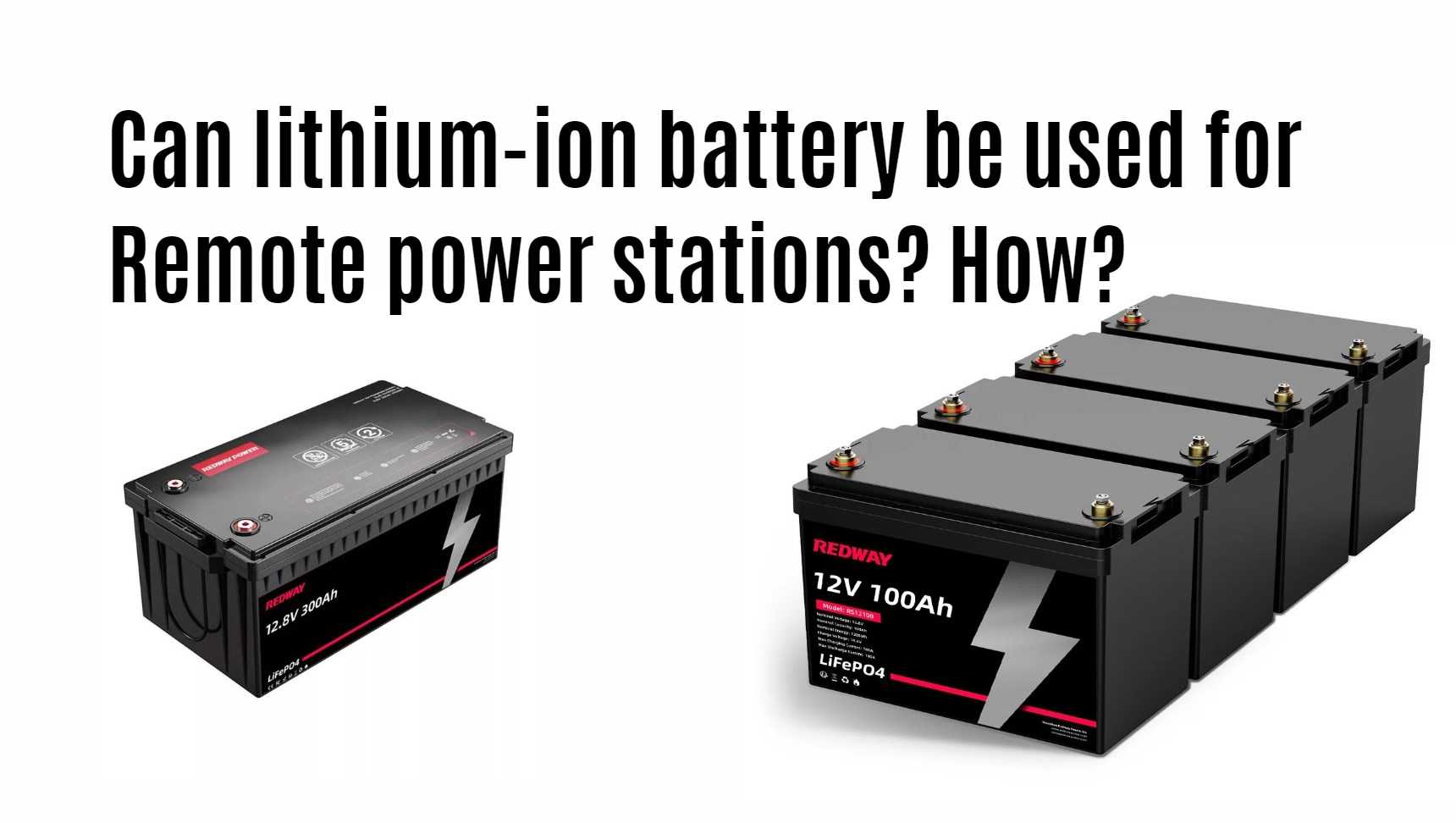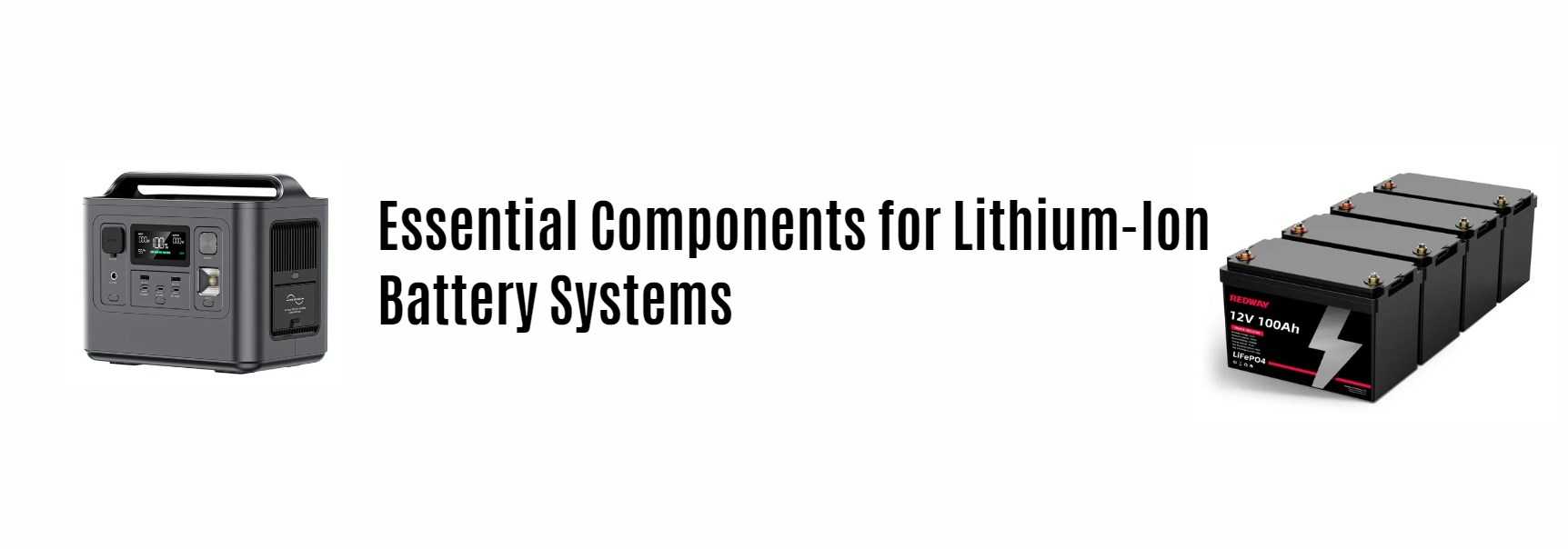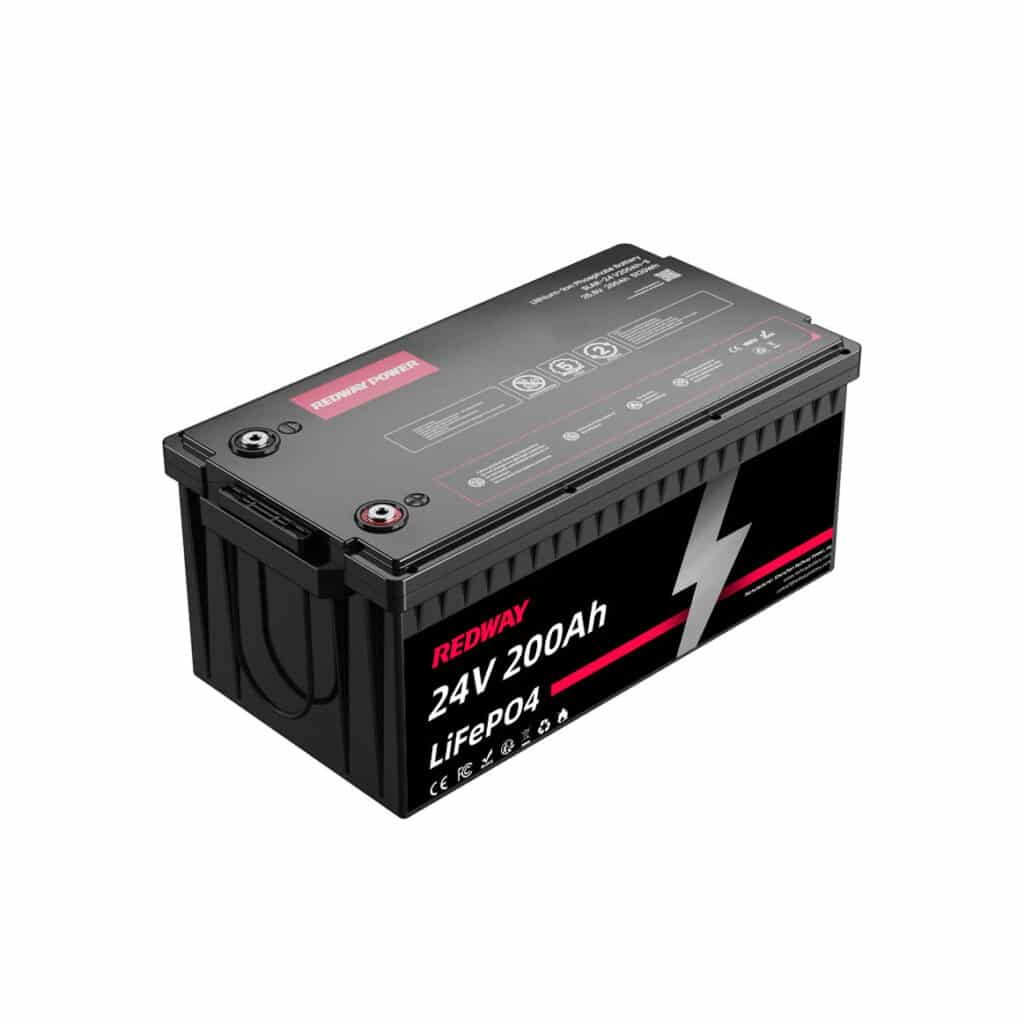In an era where sustainable energy solutions are paramount, lithium-ion batteries have emerged as a leading technology for remote power stations. Their superior energy density, longevity, and rapid charging capabilities make them an ideal choice for various off-grid applications. This article delves into the diverse applications of lithium-ion batteries in remote power stations, highlighting the critical components necessary for their successful deployment.
Applications of Lithium-Ion Batteries in Remote Power Stations
Solar Power Systems
Remote locations often rely on solar power as a primary energy source due to its sustainability and reliability. Lithium-ion batteries excel in storing solar energy, ensuring a steady and continuous power supply even when sunlight is not available. These batteries are indispensable for powering remote homes, cabins, and other structures where traditional power grids are inaccessible.
Backup Power Systems
In remote areas, maintaining uninterrupted power is crucial, especially for critical infrastructure such as communication towers, weather monitoring stations, and surveillance systems. Lithium-ion batteries provide a dependable backup power solution, ensuring these essential systems remain operational during power outages or adverse weather conditions.
Portable Power Systems
The portability of lithium-ion batteries makes them perfect for powering equipment and devices in remote locations. They are widely used in camping gear, scientific instruments, and emergency response equipment, offering a lightweight and efficient power solution that can be easily transported and deployed.
Essential Components for Lithium-Ion Battery Systems
Battery Management System (BMS)
A robust Battery Management System (BMS) is crucial for the safe and efficient operation of lithium-ion batteries in remote power stations. The BMS monitors critical parameters such as the state of charge, temperature, and voltage, optimizing battery performance and preventing potential issues such as overcharging, overheating, and deep discharge.
Charging Systems
Effective charging systems are essential to maximize the performance and lifespan of lithium-ion batteries in remote applications. These systems can harness renewable energy sources like solar panels and wind turbines, ensuring that the batteries are charged efficiently and sustainably. A well-designed charging system is key to maintaining the health and longevity of the battery.
Advantages of Lithium-Ion Batteries
Lithium-ion batteries offer several benefits that make them ideal for remote power applications:
- High Energy Density: Lithium-ion batteries can store a large amount of energy in a compact form, making them suitable for installations where space is limited.
- Long Cycle Life: These batteries can be charged and discharged many times with minimal degradation, providing a long-lasting power solution.
- Fast Charging: The rapid charging capabilities of lithium-ion batteries allow for quick recharges, which is particularly advantageous when relying on intermittent renewable energy sources.
Conclusion
Lithium-ion batteries are revolutionizing remote power stations by providing a reliable, efficient, and sustainable energy solution. Their high energy density, long cycle life, and rapid charging capabilities make them an excellent choice for various remote applications, from solar power systems to portable devices. With the integration of advanced Battery Management Systems and efficient charging systems, lithium-ion batteries are set to play a pivotal role in the future of off-grid power solutions.





